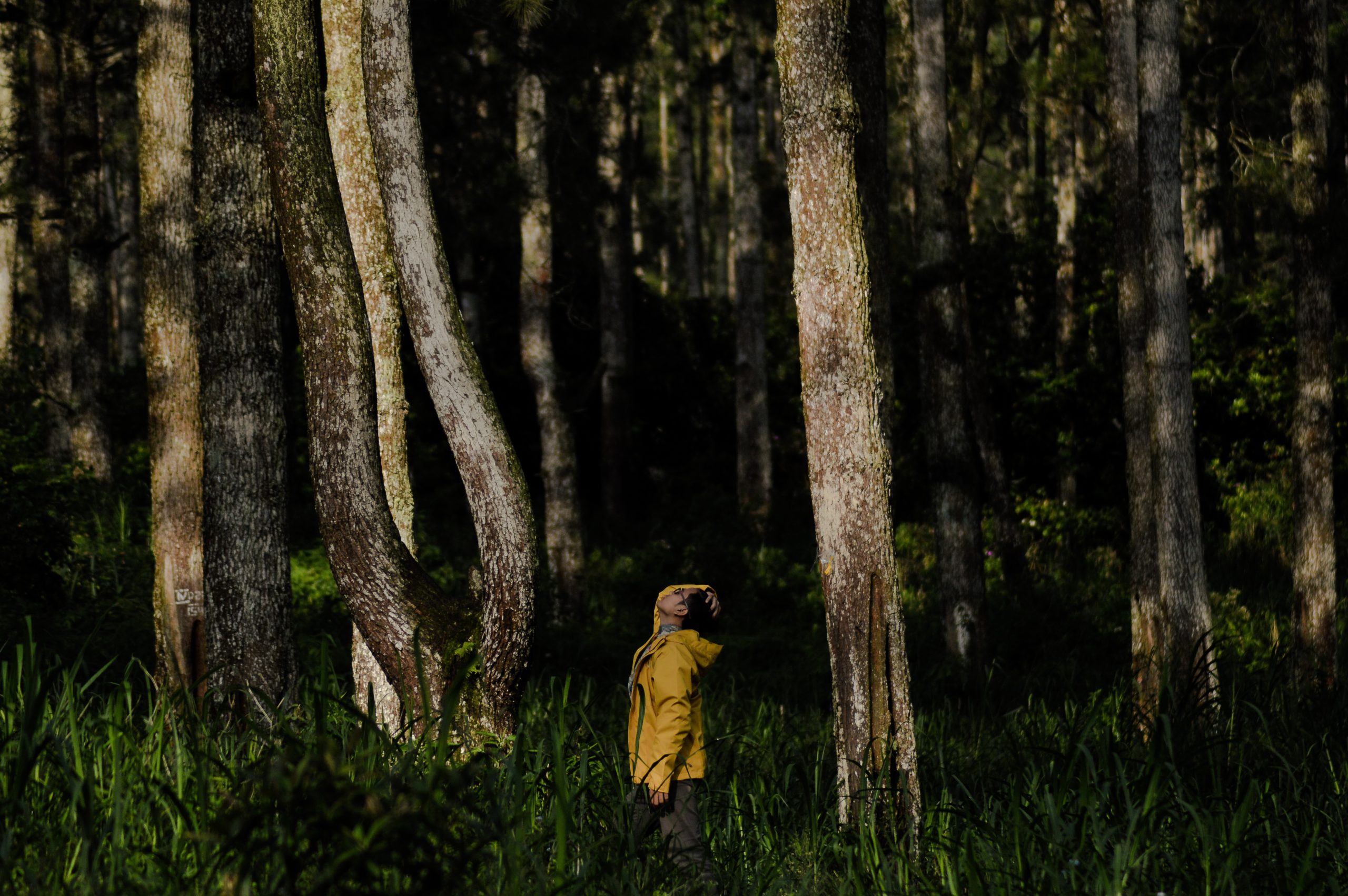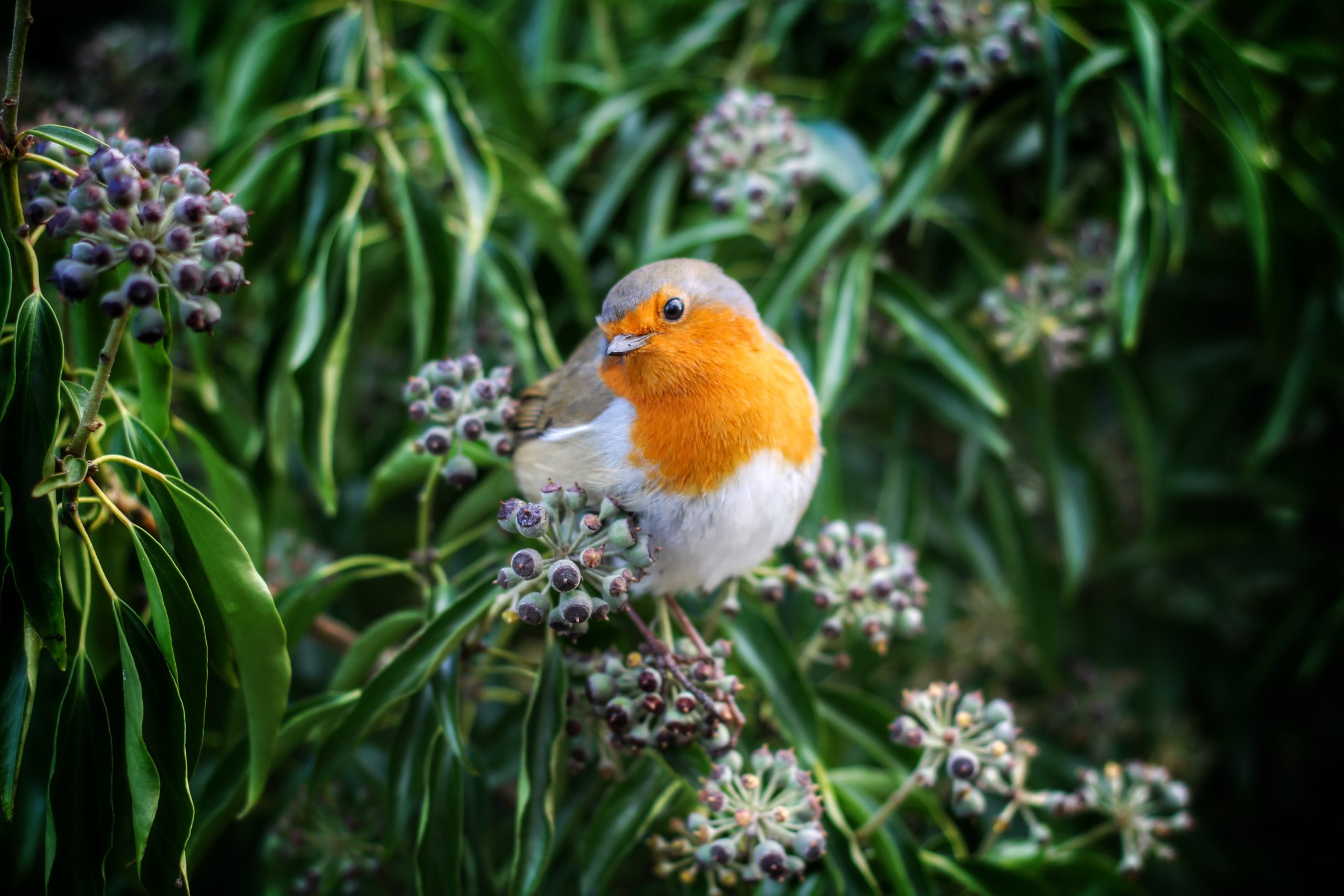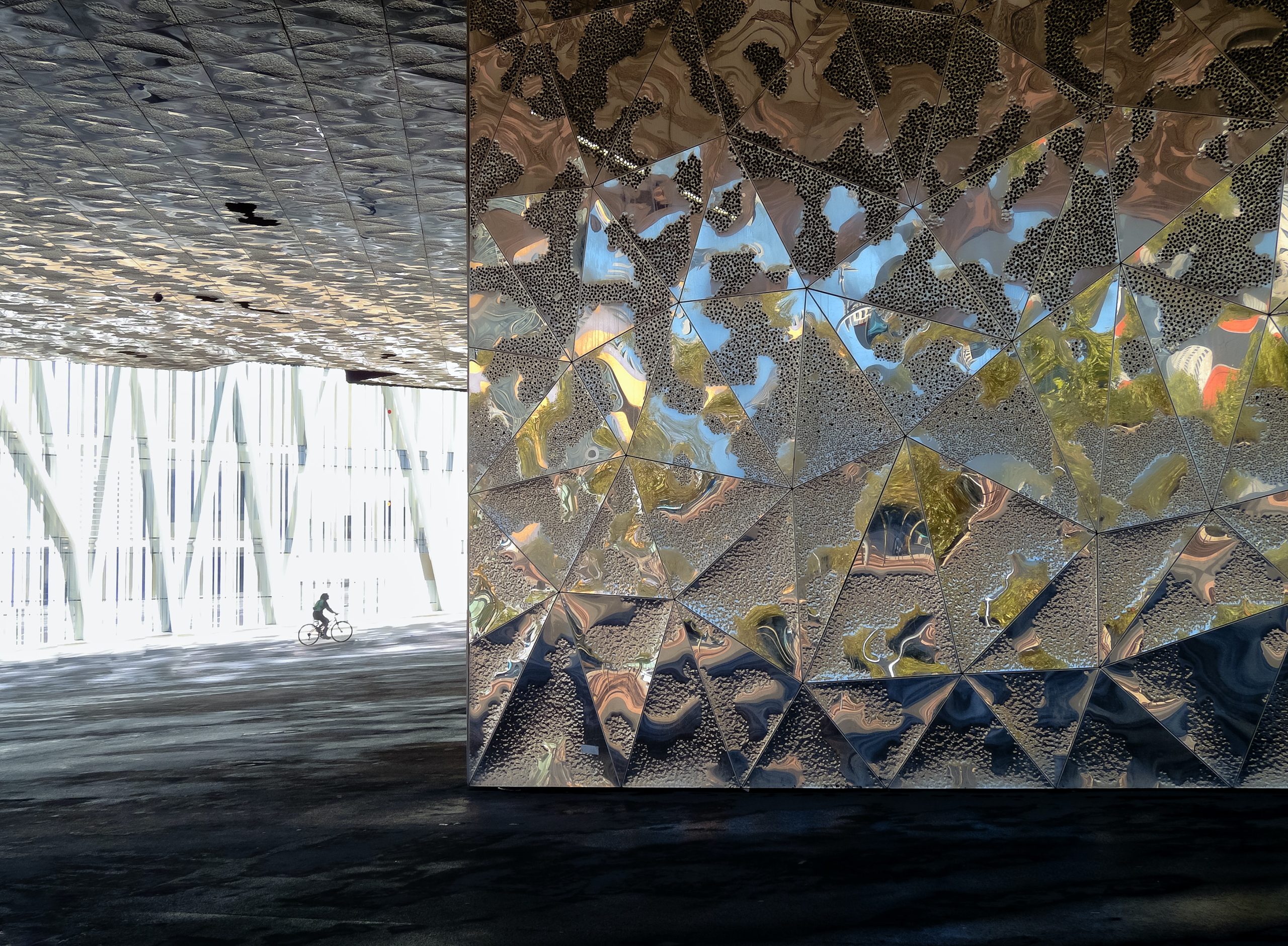You may have taken the notion of looking up for granted up until now. But with the daily stress, uncertainty, confusion and fear that seeps into our days in isolation or lock down, it might be time to reconsider the power and the benefits to your emotional health of looking up. Much like breathing, we take it as a given that the night sky will always be there for us. But in the same way that meditation turns mindful inhales and exhales into an exercise that soothes our senses, looking up with intention can ignite your senses.
Dappled light flooding through the tree canopy, birds in flight, stars piercing the night sky. These are but a few of the wonders of our overhead ecosystem. All too often we let them pass us by, transfixed on getting from A to B or looking down at our phones. Nature plays a fundamental role in the benefits we gain from lifting our gaze.
Watching the gentle sway of the trees certainly feels good. Science tells us that observing a treescape has the power to heal and improve concentration, too. One study revealed that patients showed a faster recovery time when they were able to see trees from their hospital beds, whist a more recent study in the journal Frontiers in Psychology found that people demonstrated improved performance on attention-demanding tasks after spending time around nature.
Environmental psychologist and professor at the University of Surrey, Dr Birgitta Gatersleben recognises the significant role nature can play in our emotional wellbeing. “It offers us light relief from the demands of our daily lives”, she explains. And never has this been as important as now with Corvid-19 sweeping across the planet.
As human beings, we’re captivated by the ever-changing elements of nature and its unpredictability. We call it ‘soft fascination’. And the good news is, that the benefits of looking above are not bound to nature alone. Looking upwards gives us perspective because it helps us realise how small we actually are. We look up when we’re in awe of our surroundings. It acts as a momentary escape. The befits of experiencing awe, a positive feeling provoked when we encounter something vast, became a focus for researchers at Stanford University in California. The study showed that participants who experienced it felt they had more time available and great life satisfaction as a result.
You may experience awe when immersed in displays of bright autumnal displays of bright autumn leaves, or the new buds of spring, or watching a thunderstorm or standing at the foot of a towering mountain, but also in the face of spectacular architecture or colourful street art. If you live in the city, look up to the cityscape where the buildings are often intricate.
Whatever it is that draws your eyes upwards, it’s likely that your posture will naturally open up as you stand tall. That movement alone could be beneficial to your wellbeing. It emulates the fundamental elements of power poses, positions Harvard professor and social psychologist Amy Cuddy believes can help to lift our mood and boost our self-confidence.
“Humans and other animals display power and dominance through expansive non-verbal displays” she explains. A study Amy ran with Columbia and Harvard universities showed that when participants displayed expansiveness (where their bodies took up more space) and openness (where their limbs were open), their levels of the stress hormone cortisol decreased, while their levels of cortisol decreased, while their levels of testosterone, associated with dominant behaviour, increased. So taking a walk outside at the moment if you’re able to (if not, could you possibly just step outside your door) and looking up to the skies during could actually help give you a sense of comfort, calm and stress-relief.
Ideas and exercises, many of which you may be able to try right now
Stargaze
The benefits of being around nature in the daytime are well researched. Now, experts are looking into whether the same benefits apply after sunset. A study by Coventry University found ‘dark nature’ to be life-enhancing, as participants showed an increased sense of flow through fascination and loss of time.
Try: simply putting your head out of the window and looking up when dark.
Forest Bathe
Master the Japanese art of shinrin-yoku (taking in the forest atmosphere) to deepen your connection with the forest environment. With its focus on a type of mindfulness, forest bathing encourages you to activate your senses and reconnect to the natural environment we were once most comfortable in as a species. You may experience reduced stress levels, an energy boost and improved concentration.
Try: we run Forest Bathing sessions for organisations and individuals, see here for more details.
Bird Watch
Follow birds in flights or observe them nest-building. A study in the BioScience journal found that when the number of birds participants saw in an afternoon increase,d they experience lower levels of depression, anxiety and stress. Treasure their uplifting calls, to. In another study into the effect of birds on our wellbeing, researchers at Surrey University discovered that listening to bird song improved attention span and helped to reduce stress.
Try: looking out the window and noticing. If you have binoculars, even better!
Contemplate Art & Architecture
A study by Professor Semir Zeki at University College London scanned participants’s brains as they looked at art and found it triggered a surge of dopamine, the chemical associated with desire and affection. It has a calming effect, too, say a University of Westminster study, which found office workers who went to a gallery at lunchtime had reduced levels of the stress hormone cortisol.
Try: When lockdown and isolation is relaxed, try an architecture or street art tour.





